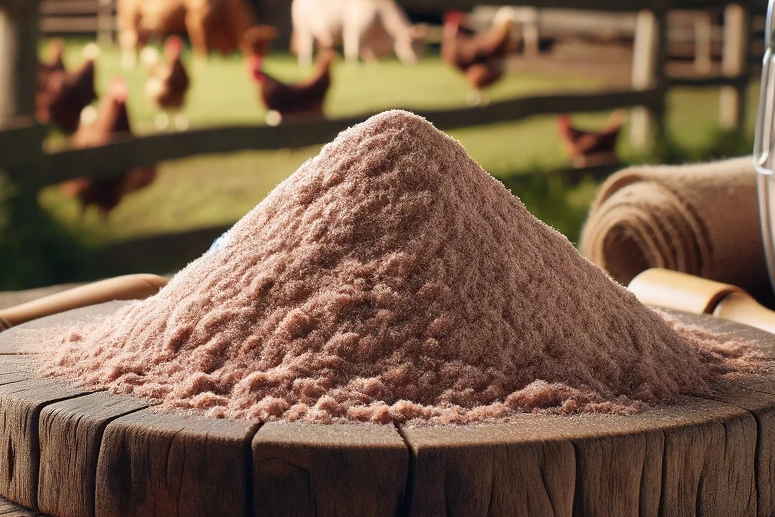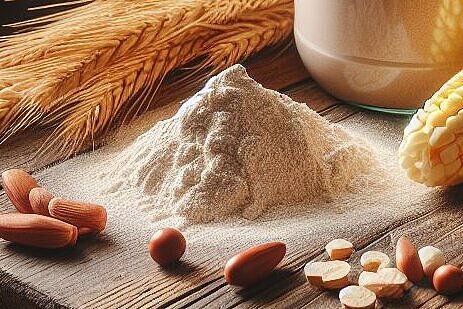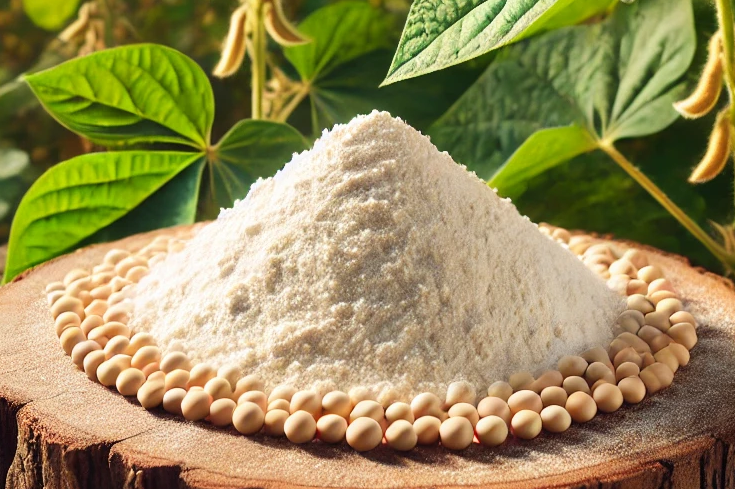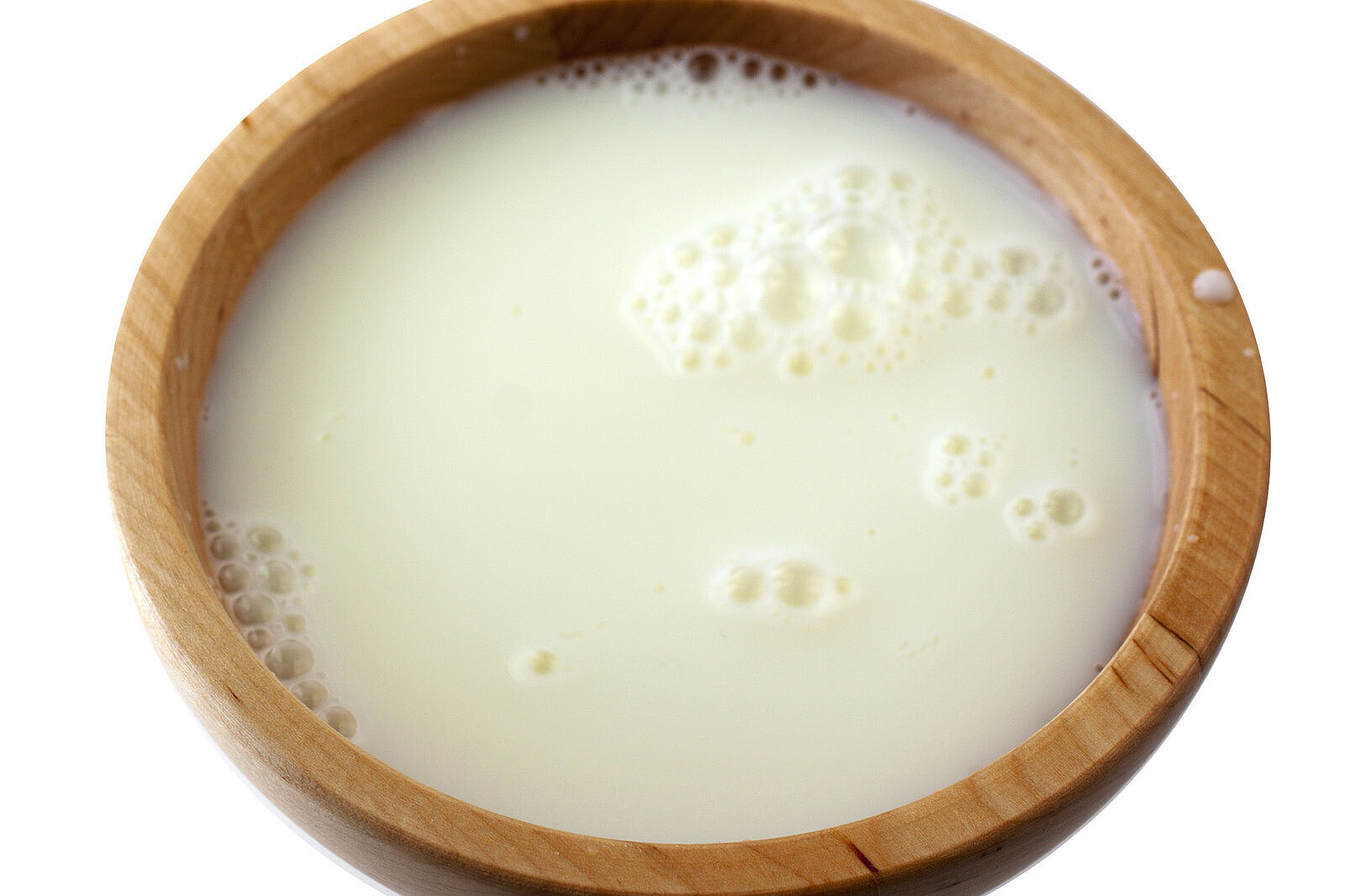High Digestible Protein

Protein is an important nutrient for dogs that is needed to build and maintain their muscles, skin, coat and immune system. However, not all protein is the same: the quality and digestibility of protein sources can vary greatly. In this article you will learn more about High Digestible Protein (HDP), a type of protein that is particularly easy to digest and of high quality.
What is High Digestible Protein?
High Digestible Protein (HDP) is the name given to proteins that contain a high proportion of essential amino acids and can be easily absorbed by the dog's body. Essential amino acids are those that dogs cannot produce themselves and must therefore ingest with their food. Essential amino acids include, for example, arginine, histidine, lysine and tryptophan1.
The digestibility of proteins depends on various factors, such as the source (animal or vegetable), the processing (cooked or raw) and the combination with other nutrients (fat or carbohydrates). In general, animal proteins are considered highly digestible, especially meat, eggs and milk1. Plant proteins are generally less digestible and often do not contain all the essential amino acids.
What are the benefits of highly digestible protein for dogs?
Highly digestible protein has several benefits for dogs:
- It provides energy and supports cell and tissue growth and regeneration.
- It promotes healthy skin, coat, nails and teeth.
- It strengthens the immune system and helps defend against pathogens.
- It keeps the dog full for longer than carbohydrates or fat.
What are the disadvantages of highly digestible protein for dogs?
Highly digestible proteins also have some potential disadvantages for dogs:
- It can lead to kidney overload if fed in excessive amounts. This is especially true for dogs with kidney disease or older dogs.
- It can cause digestive problems such as diarrhea or bloating if it is not well tolerated or is introduced too quickly. This is especially true for dogs with a sensitive gastrointestinal tract or allergies.
- It can be more expensive than other protein sources. This is especially true for high-quality meat proteins from species-appropriate animal husbandry.
How much highly digestible protein does my dog need?
The optimum amount of highly digestible protein depends on various factors such as the dog's age, weight, activity and state of health. As a rule of thumb, the younger, larger and more active a dog is, the more protein it needs.
According to the guidelines of the Association of American Feed Control Officials, the protein content of dry food for adult animals should be at least 18%. For puppies and pregnant bitches, the association recommends food with 22 to 25 percent protein. However, these values are only minimum values; depending on the dog's requirements, a higher protein content may be appropriate.
High Digestible Protein (HDP) are proteins that contain many essential amino acids and can be easily absorbed by the dog's body. They are important for energy, cell regeneration, the immune system and satiety. Animal proteins are considered highly digestible, while vegetable proteins are often less digestible and incomplete in essential amino acids. The right amount depends on the dog's age, weight, activity and health. Guidelines recommend at least 18% protein in dry food for adult dogs and 22 to 25% for puppies or pregnant bitches.
If you notice any signs of hypersensitivity or poisoning in your dog, you should see your vet immediately. We are not a substitute for a vet, but we try to be as accurate as possible. Every dog reacts differently and we recommend you get a second opinion or consult your vet if in doubt.
Stay healthy and take good care of your four-legged friend!😊
Similar to High Digestible Protein
Hydrolyzed animal protein is obtained through the process of hydrolysis, in which long protein chains are broken down into smaller peptides and amino acids. This splitting is carried out by adding...
Proteins are large molecules made up of amino acids. They are essential for building and repairing body tissues and serve as enzymes, hormones and important components of the immune system. In the...
Soy protein isolate is a highly concentrated protein obtained from soybeans. Various processing steps are used to remove fats, carbohydrates and other components, resulting in a product with a...
Casein is a protein found in milk and dairy products. It makes up about 80% of the protein in cow's milk. Casein is often referred to as milk protein and has a gel-like structure. Casein is obtained...



